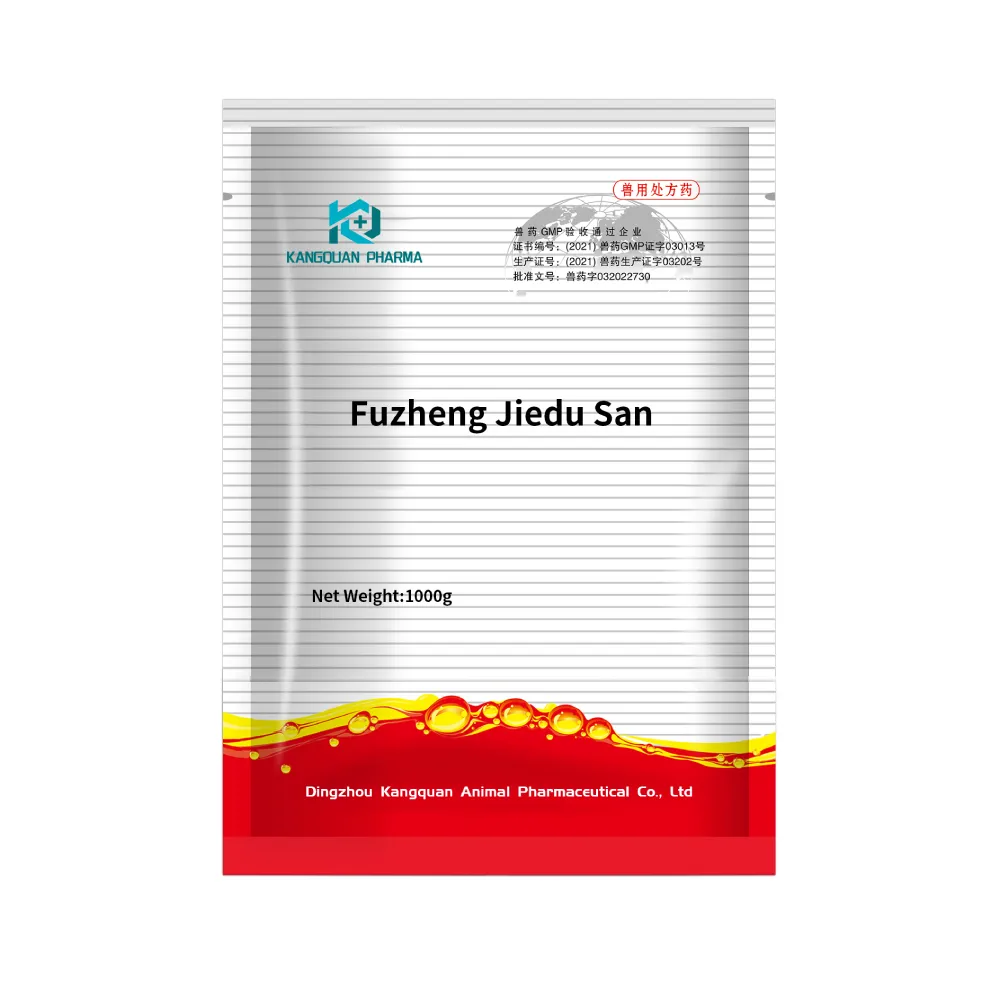- Afrikaans
- Albanian
- Amharic
- Arabic
- Armenian
- Azerbaijani
- Basque
- Belarusian
- Bengali
- Bosnian
- Bulgarian
- Catalan
- Cebuano
- Corsican
- Croatian
- Czech
- Danish
- Dutch
- English
- Esperanto
- Estonian
- Finnish
- French
- Frisian
- Galician
- Georgian
- German
- Greek
- Gujarati
- Haitian Creole
- hausa
- hawaiian
- Hebrew
- Hindi
- Miao
- Hungarian
- Icelandic
- igbo
- Indonesian
- irish
- Italian
- Japanese
- Javanese
- Kannada
- kazakh
- Khmer
- Rwandese
- Korean
- Kurdish
- Kyrgyz
- Lao
- Latin
- Latvian
- Lithuanian
- Luxembourgish
- Macedonian
- Malgashi
- Malay
- Malayalam
- Maltese
- Maori
- Marathi
- Mongolian
- Myanmar
- Nepali
- Norwegian
- Norwegian
- Occitan
- Pashto
- Persian
- Polish
- Portuguese
- Punjabi
- Romanian
- Russian
- Samoan
- Scottish Gaelic
- Serbian
- Sesotho
- Shona
- Sindhi
- Sinhala
- Slovak
- Slovenian
- Somali
- Spanish
- Sundanese
- Swahili
- Swedish
- Tagalog
- Tajik
- Tamil
- Tatar
- Telugu
- Thai
- Turkish
- Turkmen
- Ukrainian
- Urdu
- Uighur
- Uzbek
- Vietnamese
- Welsh
- Bantu
- Yiddish
- Yoruba
- Zulu
Dec . 06, 2024 18:48 Back to list
antiparasitic medication for humans
Antiparasitic Medications for Humans A Comprehensive Overview
Parasites are organisms that live on or within a host, deriving their nutrients at the host's expense. They can cause a range of diseases in humans, leading to significant health issues, especially in developing countries. Antiparasitic medications play a crucial role in treating these infections, helping to eradicate parasites and mitigate their harmful effects. This article explores various antiparasitic medications, their mechanisms of action, and the importance of their use.
Types of Parasites and Their Impact
Human parasitic infections can be broadly categorized into three groups protozoa, helminths, and ectoparasites. Protozoa are microscopic, single-celled organisms, with examples including Plasmodium (causing malaria) and Giardia (causing giardiasis). Helminths are larger, multicellular organisms, such as roundworms and flatworms, which include Ascaris and Schistosoma. Ectoparasites, such as lice and scabies, live on the surface of the host.
Infections caused by these parasites often result in severe health issues, including malnutrition, anemia, and other systemic complications. They can also contribute to the cycle of poverty in affected communities. Consequently, antiparasitic medications are critical for public health and improving quality of life.
Common Antiparasitic Medications
Several classes of antiparasitic medications have been developed to treat the various types of parasites
1. Antimalarials Drugs such as chloroquine, artemisinin, and mefloquine target the malaria-causing protozoa. Artemisinin-based combination therapies (ACTs) have become the standard treatment for uncomplicated malaria due to their effectiveness and low risk of resistance.
2. Anthelmintics Medications like albendazole and mebendazole are used to treat infections caused by helminths. These drugs work by either inhibiting the parasite's ability to absorb glucose or by immobilizing them, leading to their eventual death.
antiparasitic medication for humans

3. Antiprotozoals Metronidazole and tinidazole are effective against various protozoan infections, including those caused by Giardia and Trichomonas. These drugs disrupt the DNA synthesis of the parasites, leading to their elimination.
4. Ectoparasiticides Permethrin and ivermectin are commonly used to treat infections caused by ectoparasites like lice and scabies. Ivermectin, in particular, has gained attention for its use against various parasites, including those causing river blindness (onchocerciasis).
Mechanisms of Action
Antiparasitic medications can work through different mechanisms. For instance, some drugs function by disrupting metabolic pathways crucial for the parasite's survival. Others may interfere with the parasite's ability to reproduce or invade host tissues. Additionally, some medications are designed to trigger an immune response that helps the host to combat the infection more effectively.
Challenges in Antiparasitic Treatment
Despite the availability of effective antiparasitic medications, several challenges remain. Resistance to certain drugs is a growing concern, particularly in the treatment of malaria. This resistance can arise due to overuse or misuse of medications, emphasizing the need for responsible prescribing practices and adherence to treatment protocols.
Furthermore, access to these medications can be limited in low-income regions, exacerbating health disparities. International organizations and governments must work together to ensure that effective treatments are accessible and affordable for populations at risk.
Conclusion
Antiparasitic medications are vital for treating a range of parasitic infections that affect millions of people worldwide. Their development and responsible use are essential for improving public health and combating the burden of parasitic diseases. Continued research into new treatments, coupled with efforts to enhance access to existing medications, will be crucial in the fight against these infections. Only through a comprehensive approach can we hope to reduce the incidence of parasitic diseases and their impact on global health.
-
Guide to Oxytetracycline Injection
NewsMar.27,2025
-
Guide to Colistin Sulphate
NewsMar.27,2025
-
Gentamicin Sulfate: Uses, Price, And Key Information
NewsMar.27,2025
-
Enrofloxacin Injection: Uses, Price, And Supplier Information
NewsMar.27,2025
-
Dexamethasone Sodium Phosphate Injection: Uses, Price, And Key Information
NewsMar.27,2025
-
Albendazole Tablet: Uses, Dosage, Cost, And Key Information
NewsMar.27,2025













